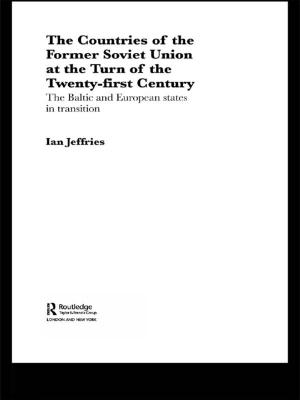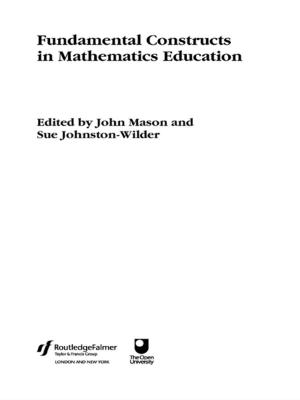Towards Successful Schooling (RLE Edu L Sociology of Education)
Nonfiction, Reference & Language, Education & Teaching, Educational Theory, Philosophy & Social Aspects, Reference| Author: | ISBN: | 9781136469992 | |
| Publisher: | Taylor and Francis | Publication: | May 23, 2012 |
| Imprint: | Routledge | Language: | English |
| Author: | |
| ISBN: | 9781136469992 |
| Publisher: | Taylor and Francis |
| Publication: | May 23, 2012 |
| Imprint: | Routledge |
| Language: | English |
The editors have compiled this critical and comparative study of changes which took place in the New Zealand education system in the second half of the twentieth century. For other Western societies who have felt the impact of New Right policies the New Zealand case is interesting because it provides some indication of how policies of decentralization in education might be used to develop egalitarian and democratic educational policies.
In recent years there have been major changes to educational systems in the Western world. Often these changes have been justified by reference to successful educational practices in other countries. However, it is not always possible simply to abstract educational practices from one context and apply them in another successfully. Moreover claims that policies in one country are more successful than those in another have to be treated cautiously: there are always problems in making valid comparisons between the educational performances of different countries. It is important, therefore, that critical and comparative studies are made of educational systems which take full account of the contexts in which they are embedded.
The editors have compiled this critical and comparative study of changes which took place in the New Zealand education system in the second half of the twentieth century. For other Western societies who have felt the impact of New Right policies the New Zealand case is interesting because it provides some indication of how policies of decentralization in education might be used to develop egalitarian and democratic educational policies.
In recent years there have been major changes to educational systems in the Western world. Often these changes have been justified by reference to successful educational practices in other countries. However, it is not always possible simply to abstract educational practices from one context and apply them in another successfully. Moreover claims that policies in one country are more successful than those in another have to be treated cautiously: there are always problems in making valid comparisons between the educational performances of different countries. It is important, therefore, that critical and comparative studies are made of educational systems which take full account of the contexts in which they are embedded.















